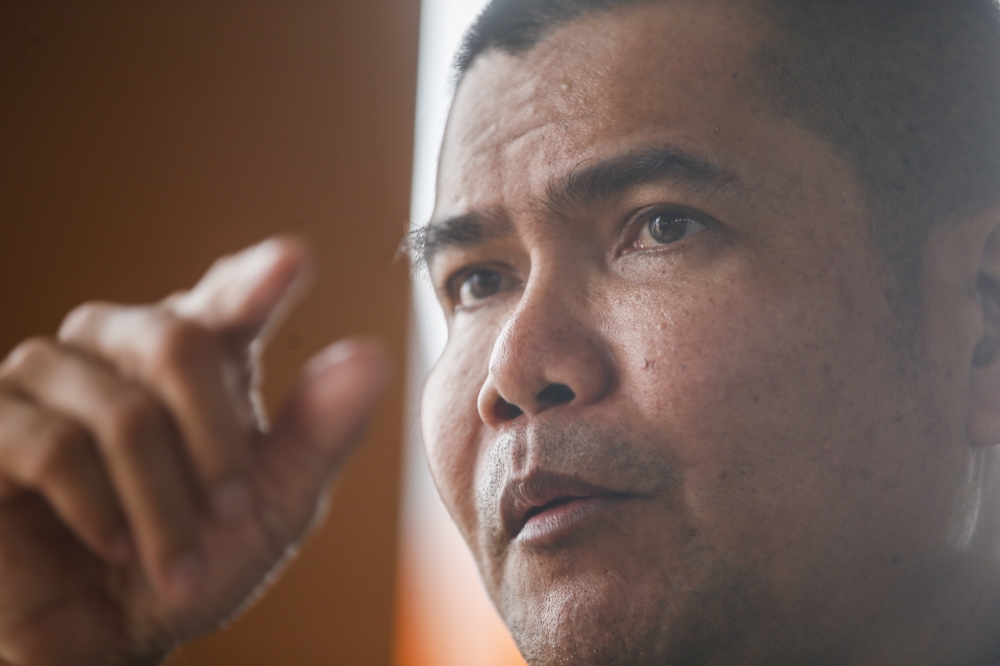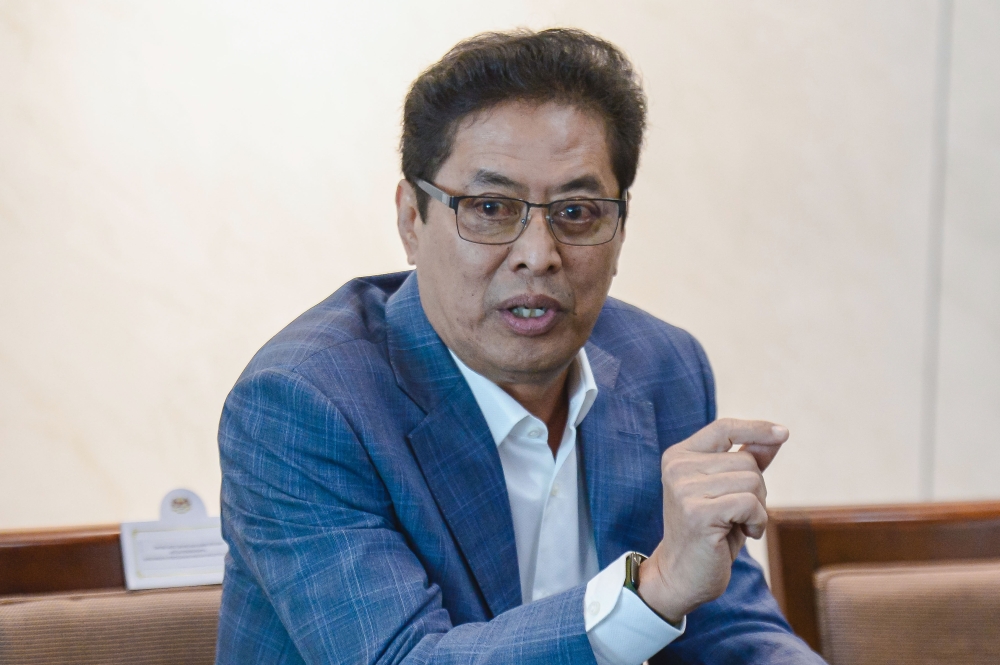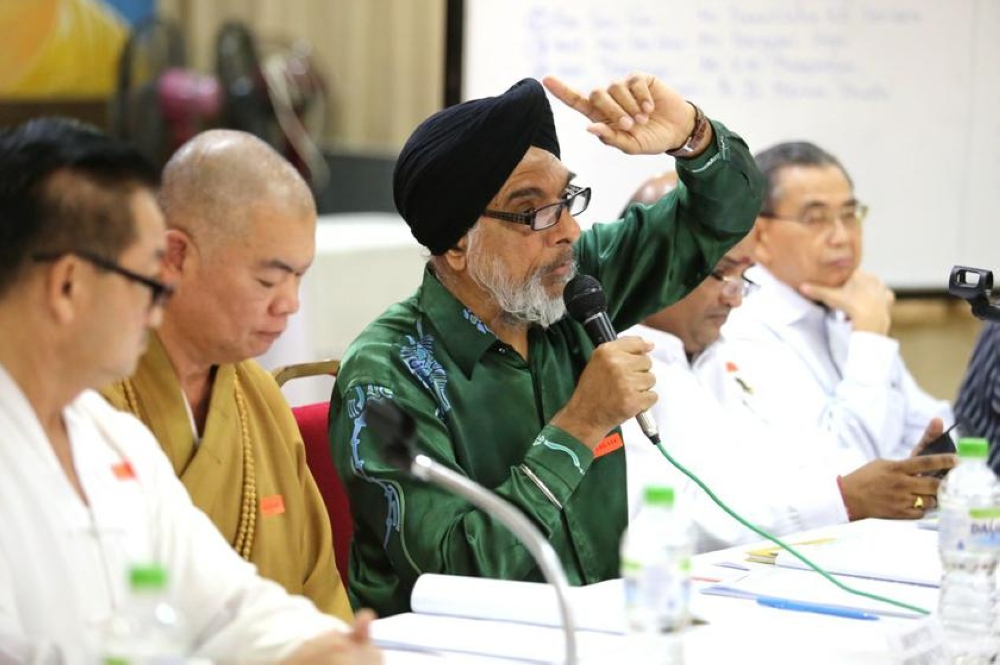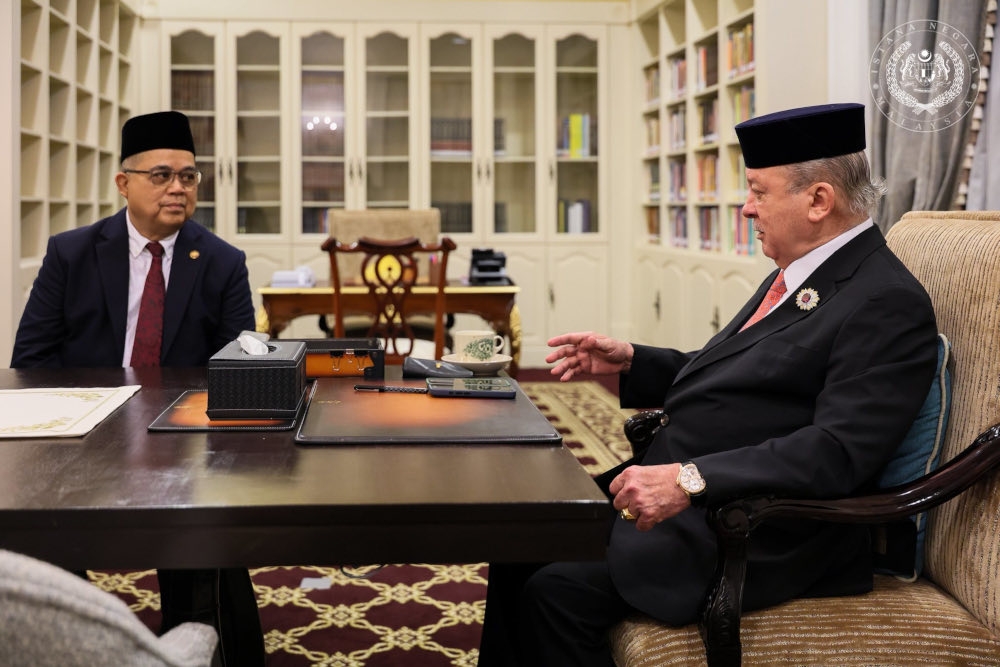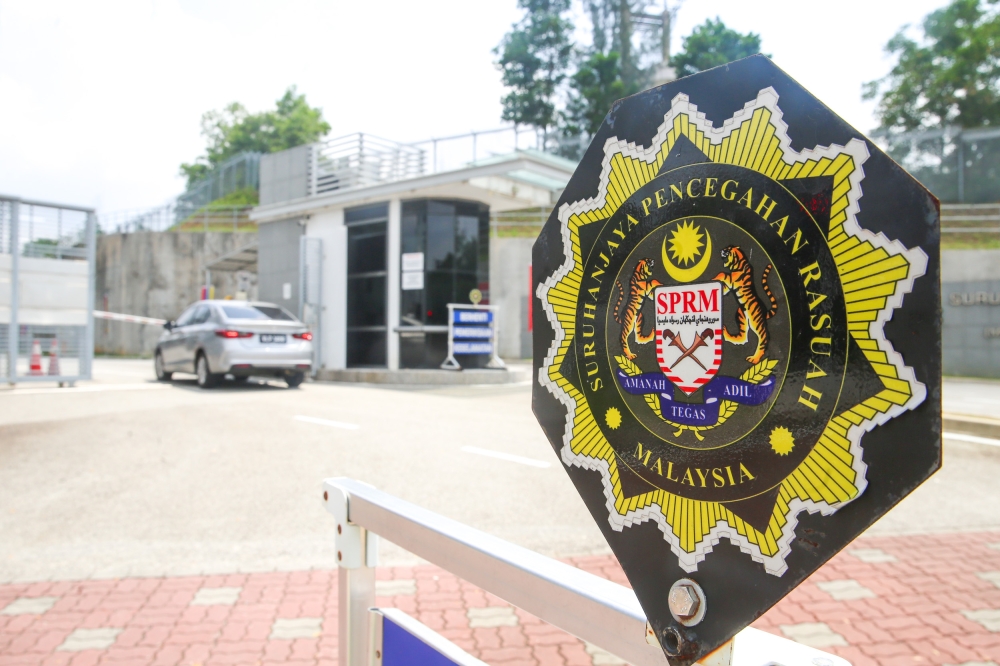MAY 9 — For now I think the answer is a cautious “No” but let’s not get ahead of ourselves.
I’ll be the first to admit that artificial intelligence (AI) platforms and tools like ChatGPT have disrupted much of education.
It wouldn’t be too harsh to say that formal education as an institution is in crisis because of Grok, DeepSeek and their buddies.
Today, if an assignment can be handed up in soft copy, there’s a 90 per cent chance the student would have at least thought of “cheating” with AI and more than 50 per cent chance a huge chunk of it was actually generated by the likes of Gemini.
TLDR: It’s getting harder and harder to tell if real learning is happening with our students. Are their work submissions truly theirs? Or are lecturers simply grading what AI produced? If a majority of college assignments are created by a chatbot wouldn’t this render formal education and those revered academic scrolls a farce?
I don’t have a definitive answer to the above. Not sure anyone does.
Still, having said all of this, I think the good news is that it doesn’t look like we need to shut down all our universities just yet. There are still many areas immune to AI use.
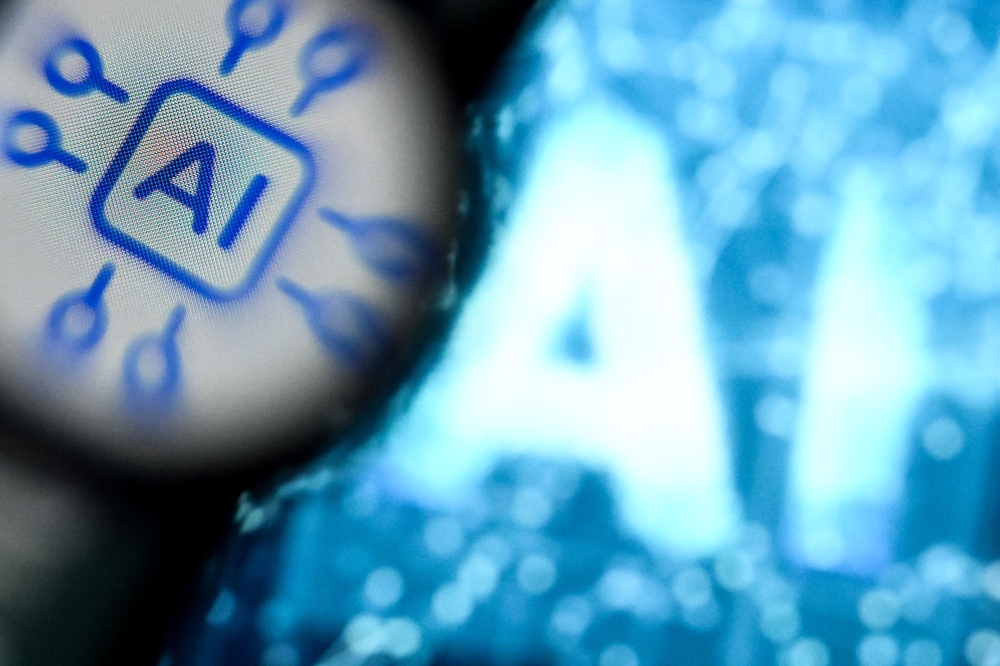
Working together in teams, for example, is something which remains critical and surely an area many bosses wish would be given more emphasis in school and college.
Just observe the level of hostility and dissent in the average office and many of us can’t wait to see CoPilot produce more synergy among, uh, co-workers.
Likewise, negotiation skills are still needed and it is awesome when you see it used to achieve great results.
Who knows, maybe more Marketing courses should include sending out students to the average pasar pagi with the mission of obtaining a basket of items at the lowest price. Whoever can get more for less wins.
But if we’re talking strictly academic practices, the basic closed-book examination is immune to AI (that’s assuming the invigilators can remove all the phones and smart-glasses from the students).
This is probably why such examinations will remain the go-to form of summative (i.e. “definitive”) assessment for subjects like law, economics, marketing and so on.
Open-book assessments may also work against AI-copying as long as students can only access physical books and not their devices (which of course raises the question of “real world applications” of such forms of testing — but that’s another story, I guess).
Grok is also helpless against well-monitored lab work, not to mention medical surgery, etc. I know we’re in 2025 but I doubt many people seriously prefer a DeepSeek diagnosis and treatment when they become seriously ill.
The average medical clinic is still valued and their practitioners jolly well better not have AI-cheated their way through medical school.
Finally, there’s also physical education, dance, music, art — basically any discipline which requires bodily movement and physical skill. It doesn’t matter how much AI you’re using, if you remain sedentary you simply won’t learn. Period.
Even when it comes to photography, as my Basic Photography lecturer-colleague will confirm, many students do cheat with AI, but the human touch can still be seen among the best students who’ve learned how to pick their shots carefully and frame them well.
Speaking of skills, don’t forget language speaking. Sure most of us are, because of Google Translate, linguistic experts when it comes to “writing” (grin!) but we all know DeepSeek isn’t going to bring us closer towards speaking German if we don’t do some old-fashioned conversational practice.
So, well, maybe we can rest assured for now that formal education remains critical.
Still, the advent of ChatGPT is 100 per cent a curveball for our schools and universities, and a lot of work and thinking will be needed to best integrate AI with society and not least education as a key institution within it.
Alas, maybe that’s another subject we can get our best and brightest scholars to think about?
* This is the personal opinion of the columnist.

